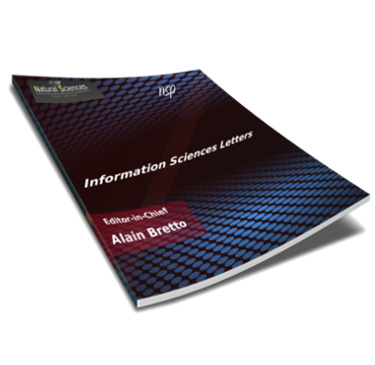
Information Sciences Letters
Abstract
One of the main challenges is to exploit recent technologies in a way that is able to preserve human life. Liver disease is one of the most influencing and largest organs of the human body, which has a great impact on human life, according to the massive number of deaths of this disease. So, it is important to predict liver disease with the maximum possible accuracy, as the current problem is the weak accuracy of predicting liver disease and not predicting the severity of the liver disease. Thus, through this paper, the aim behind our proposed work is to enhance the performance of predicting liver disease, predicting the severity of liver disease, and then building a recommender system that recommends the appropriate medical pieces of advice according to the patients condition using machine learning algorithms and tools like a GridsearchCV tool. Indian liver patients dataset (ILPD) and the hepatitis C virus (HCV) dataset are our training datasets. Hence, the proposed solution enhanced the prediction accuracy of liver disease by 80% and 77 % for extra tree and KNN algorithms when using ILPD datasets. And when using the HCV dataset, the accuracy is achieved by the Gradient boosting algorithm and Logistic Regression by 96% for predicting liver disease, disease severity, and patient recommendation system model.
Recommended Citation
Mohamed Attiya, Ibrahim; A. Abouelsoud, Rania; and Salama Ismail, Ahmed
(2023)
"A Proposed Approach for Predicting Liver Disease,"
Information Sciences Letters: Vol. 12
:
Iss.
6
, PP -.
Available at:
https://digitalcommons.aaru.edu.jo/isl/vol12/iss6/44

